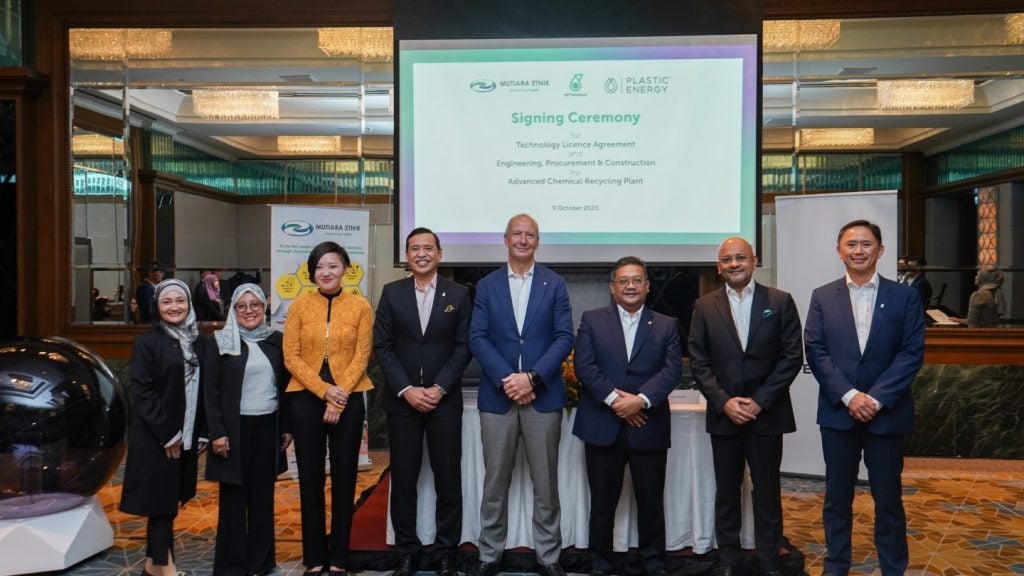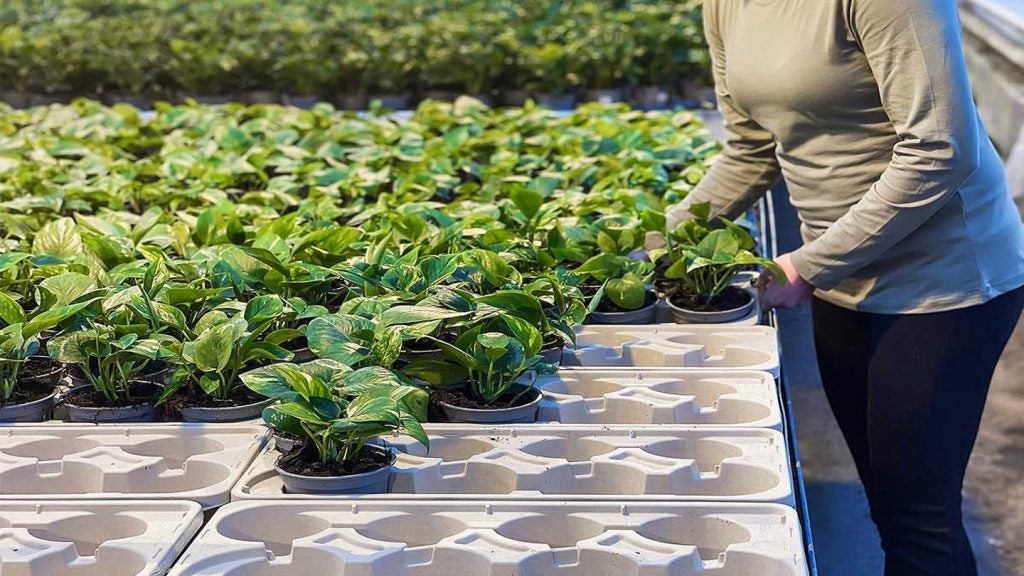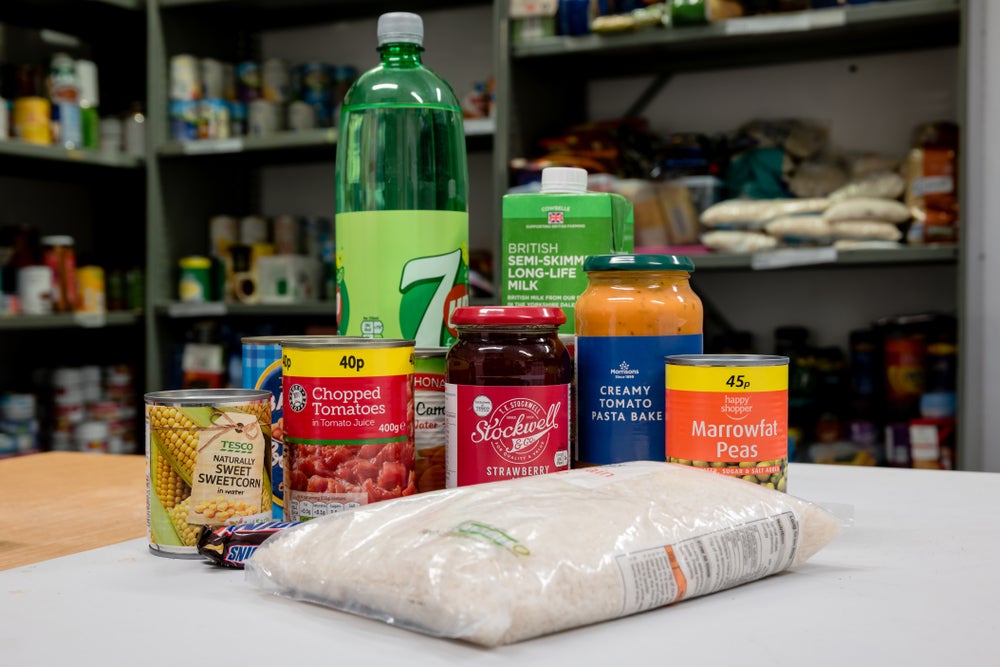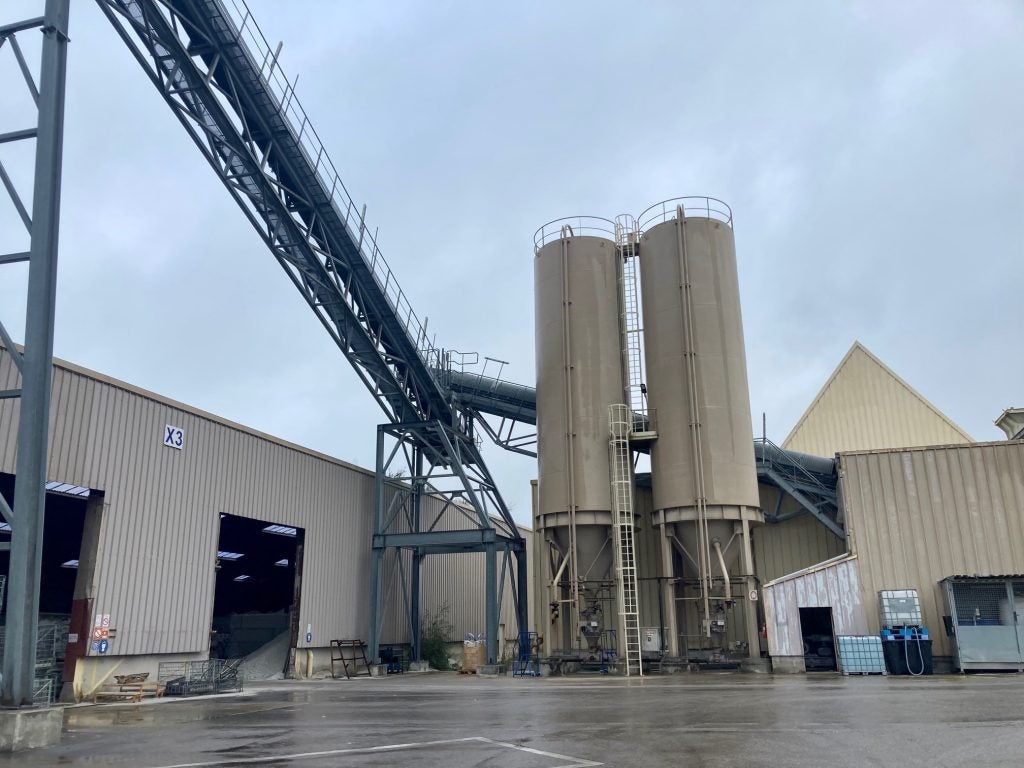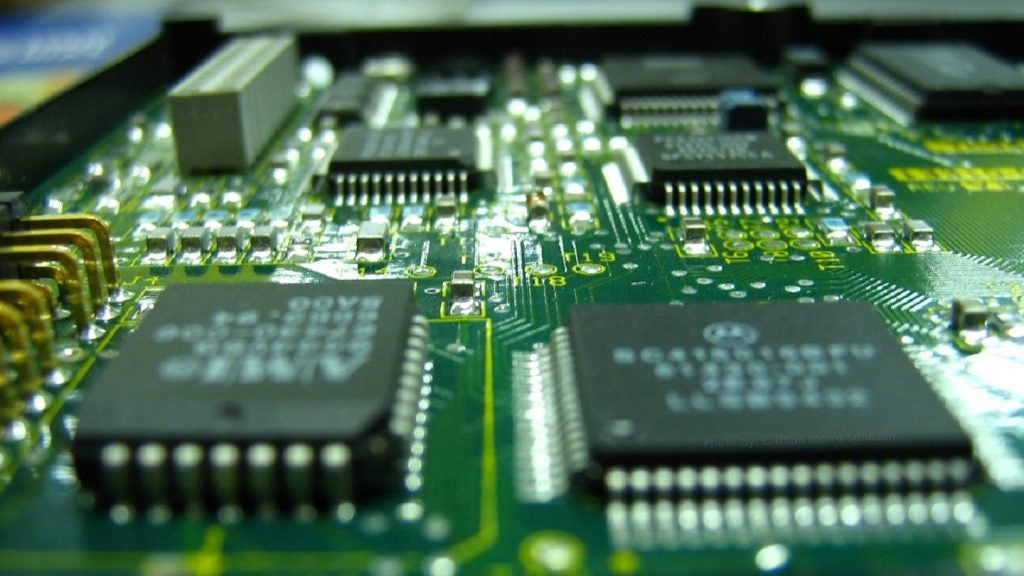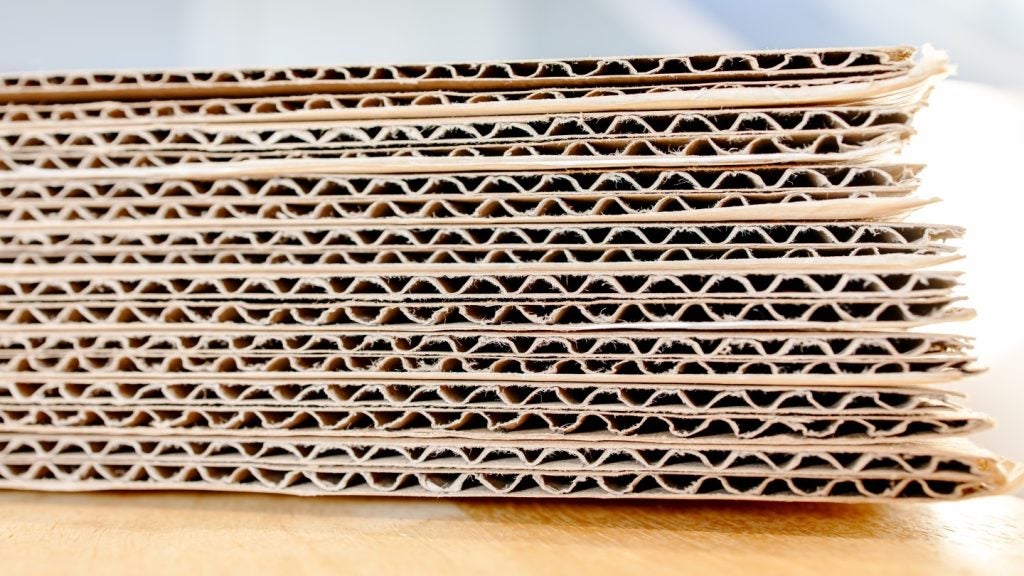PETRONAS Chemicals Group Berhad (PCG) has announced reaching a final investment decision (FID) for constructing an advanced chemical recycling plant in Pengerang, Johor, Malaysia.
The company claimed that the facility will be the largest advanced chemical recycling plant in Asia and will have a capacity of 33 kilotonnes per annum.
The plant is expected to start operations in the first half (H1) of 2026.
Alongside this FID, PCG confirmed that its subsidiary also signed a technology license agreement (TLA) with Plastic Energy, as well as awarded an engineering, procurement and construction contract to Mutiara Etnik.
The TLA will require Plastic Energy to deliver chemical recycling technology for the new plant.
Plastic Energy will use its patented TAC process, as part of which mixed post-consumer plastics are heated in the absence of oxygen to provide hydrocarbon vapours.
According to Plastic Energy, the hydrocarbon vapours are then condensed into pyrolysis oil or 'TACOIL', which is suitable for replacing hydrocarbon feedstock in the production of food-grade recycled plastics.
Plastic Energy CEO Carlos Monreal said: “After starting our collaboration with PCG back in 2019, we are pleased to be chosen as the technology provider for their chemical recycling plant in Malaysia.
“Together we share a common goal to reduce plastic pollution in Asia by increasing the amount of plastic waste that can be recycled, and expanding recycling infrastructure in the region.”
Once constructed, the chemical recycling plant is expected to help Malaysia’s plastics value chain significantly by promoting a transition to a circular economy.
PCG managing director and CEO Mohd Yusri Mohamed Yusof said: “Through the advanced chemical recycling plant, we envision driving innovation across the plastics value chain while creating opportunities for all parties, from waste collectors to manufacturers, to jointly contribute to the circular plastics economy.
“This enables us to propel the nation’s aspiration in phasing out single-use plastics, in line with Malaysia’s Plastic Sustainability Roadmap 2021-2030, while fulfilling the growing demand from major brands for sustainable packaging.”


